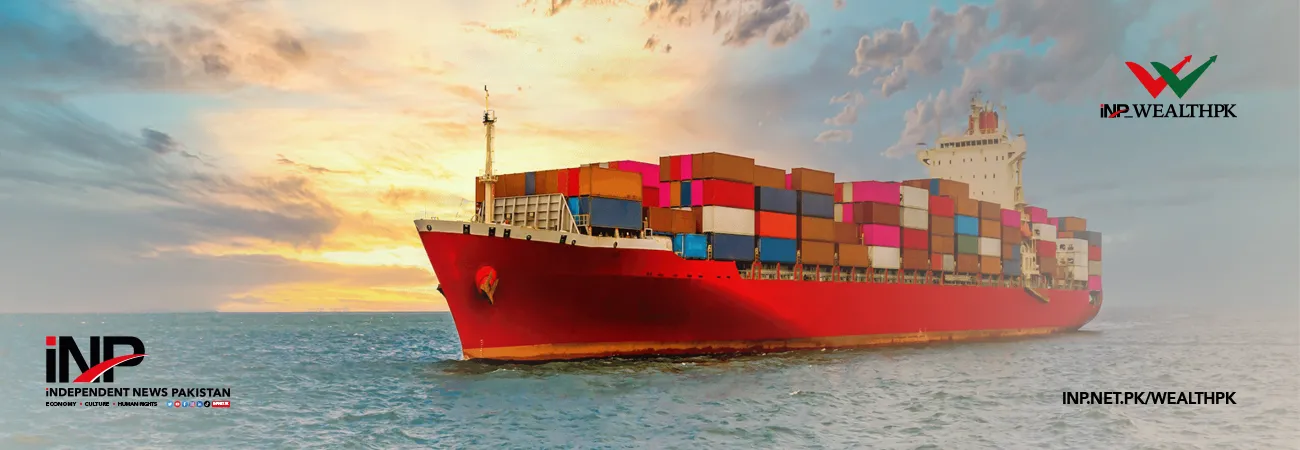INP-WealthPk
Ayesha Mudassar
Integration into global value chains (GVCs) has played a significant role in transforming economies. A Planning Commission member has proposed prudent measures to enhance engagement in the global production networks, as Pakistan's GVC participation rate has shown minimal growth over the last years. Speaking in a panel discussion on "Expansion of Manufacturing Base and Integration with Global Value Chains", Asim Saeed recommended that the country should focus on diversifying exports, simplifying regulatory framework, strengthening domestic processing capabilities, fostering regional integration, facilitating trade, investing in infrastructure, and promoting skill development to encourage such integration. Reducing overreliance on the textile sector is essential to enabling Pakistan's exports to reach new heights, as diversification has a knock-on effect by opening industries, encouraging employment, and raising new avenues of investment.
This requires identifying sectors with growth potential and providing appropriate policy support to facilitate their development. Moreover, improving the Ease of Doing Business (EODB) and creating an enabling environment can attract foreign direct investment and promote technological advancements. In an interview with WealthPK, Additional Secretary of Board of Investment (BOI) Ambreen Iftikhar highlighted the importance of EODB and said it was critical to review the country’s regulatory landscape in order to find viable solutions to the issue being witnessed by the businessmen in setting up their operations. Promoting domestic value addition and encouraging investments in advanced manufacturing technologies will enable Pakistan to undertake more stages of the production process domestically and increase the value-added components in its exports. Likewise, fostering regional integration and connectivity is crucial.
Joint Chief Economist of the Ministry of Planning Zafar ul Hasan said Pakistan should actively pursue regional trade agreements and initiatives to enhance trade flows within the region. This will facilitate greater cross-border investments and technology transfer, and strengthen the country’s position in regional and global value chains. Efficient trade facilitation measures are also vital for integrating into GVCs. The joint chief economist said trade policies should prioritize the simplification of customs procedures, reducing trade costs, and facilitating cross-border trade. Establishment of trade information portals and implementation of single-window systems can expedite trade flows and enhance competitiveness. Besides, infrastructure development is equally important. Investments in transportation networks, logistics hubs, and ports will reduce transit times, improve connectivity, and lower logistics costs.
Furthermore, policies should emphasize education and vocational training programs aligned with industry needs. Talking to WealthPK, Mahmood Khalid, a senior research economist at the PIDE said, collaboration among the government, private sector, and educational institutions was crucial in bridging the skills gap and fostering a capable workforce for GVC-related industries. "By equipping the workforce with relevant skills, Pakistan can meet the demands of higher value-added products, attract quality jobs, and improve labour productivity,” he added. The international fragmentation of production has increased the pace of industrialization, improved productivity, and created new jobs in the private sector. By implementing the aforementioned proposed policies, Pakistan can harness the opportunities offered by GVCs, and achieve sustained and inclusive economic growth.
Credit: INP-WealthPk













